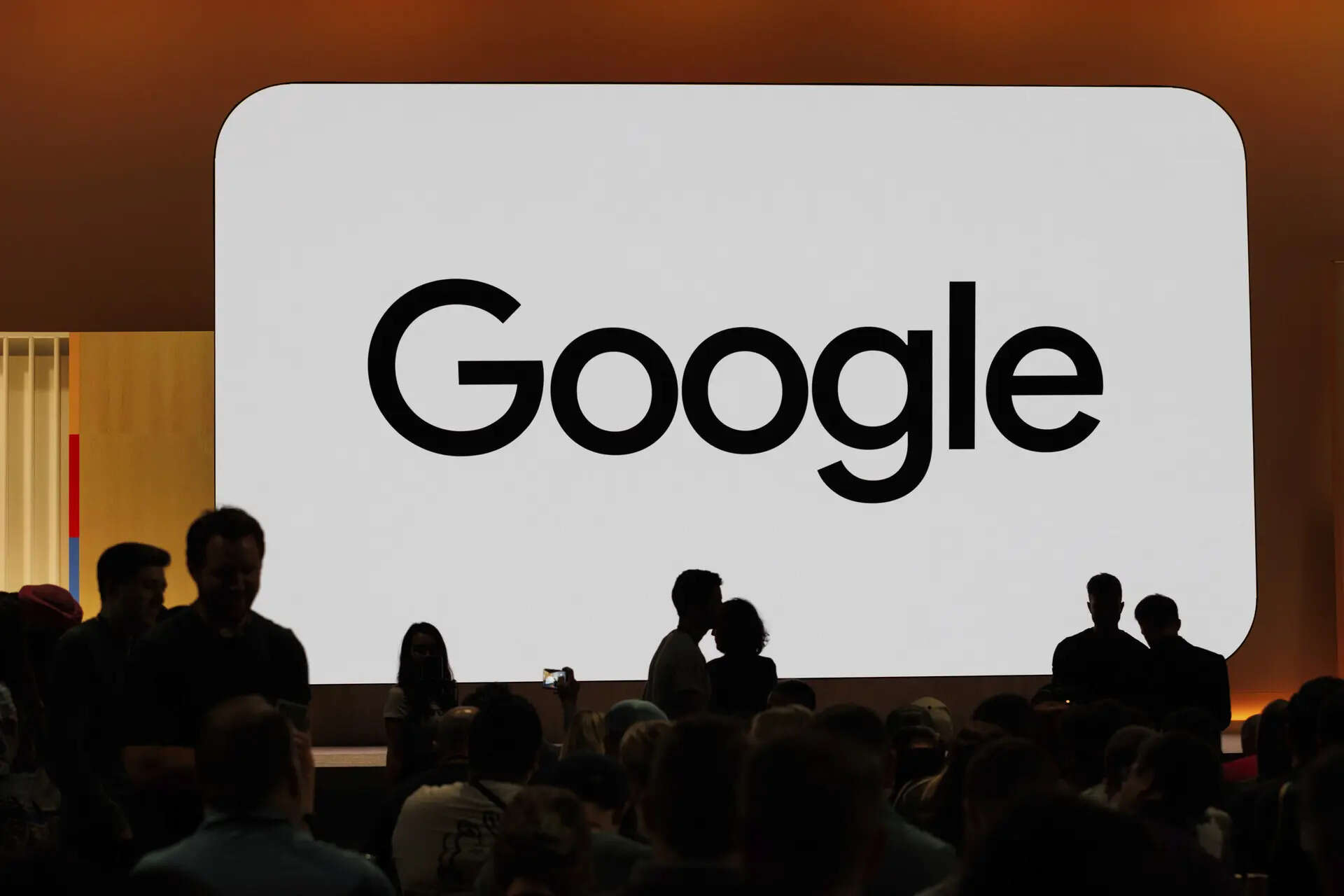
The ongoing investigation by the Director General (DG), Competition Commission of India (CCI) into Google’s anti-competitive practices in India’s real money gaming sector marks a significant inflection point in the country’s digital antitrust landscape. The issue arises from Google’s Pilot Program, which has, prima facie, been found to create an unequal playing field in the Real Money Gaming (RMG) sector. Under this program, Google restricted access on the Play Store and its ads platform to only two subcategories of RMG – Daily Fantasy Sports (DFS) and Rummy. As a result, the investigation alleges that other skill-based casual RMG platforms have been denied access to key distribution and advertising channels, effectively depriving them of Google’s 2.5 billion active users across more than 190 countries.Google is accused of acting as the gatekeeper, limiting app discovery, cutting off access to its adtech inventory for most real money gaming apps, and making them dependent on sideloading accompanied by arbitrary warnings. Such a program has impacted trust and market legitimacy and perpetuated a network effect in which a handful of companies that were allowed access through the RMG Pilot acquired disproportionate competitive advantage over the rest of the ecosystem. The actions of Google are currently under DG’s investigation, and the verdict will shape the future of India’s digital economy. By permitting only two formats, the Pilot Program effectively delisted other formats from the Play Store and worse, also barred them from advertising. During the pendency of the ongoing investigation, Google has offered a compromise, wherein it has, inter alia, proposed to open the Play Store for all real money gaming apps and lift all the restrictions on advertising. While the move certainly demonstrates Google’s attempt not to fall foul of the law, it fails to go the entire length. Instead of offering the same level playing field, albeit after three long years of disruption, to all RMG Skill apps, RMG skill apps, Google has suggested the certification of games and platforms by so-called “Recognized Third Parties” whose standing is questionable. This proposal must be evaluated in light of judicial precedents that clarify the DG’s powers under Section 26(1) of the Competition Act. The DG is not confined to the original complaint and may examine additional facts uncovered during the investigation. In Excel Crop Care, the Supreme Court confirmed this scope, and subsequent rulings in Hyundai Motor and Grasim Industries reinforced the position—allowing new parties to be added and broader issues to be explored with CCI approval.
India must build on the global conversation about digital competition. The U.S. Department of Justice has called for the breakup of Google’s ad business, citing its exclusionary practices and lack of transparency. Regulators in the EU, Australia, and Japan have likewise flagged Google’s self-preferencing and bundling across its ad stack.
These jurisdictions have reached a common conclusion: Google’s vertical integration, combined with opaque conduct, causes systemic harm. India will have the benefit of these decisions / actions while crafting a regulatory response tailored to its own economic growth, startup ecosystem, and platform economy goals. Startups denied access to this infrastructure are rendered invisible—regardless of product quality or user interest. This undermines India’s flagship programs like Startup India, Digital India, and Make in India, and it dampens foreign investment, for which predictable and fair access to digital infrastructure is crucial.
In a digital-first economy, where presence equals survival, denying fair access to visibility tools amounts to economic disenfranchisement. The CCI’s investigation into Google must address not only past conduct but also lay the foundation for future regulation. Indian digital businesses need a resolution to prevent unilateral platform policies from holding these businesses hostage. This is not just a competition issue – it is a foundational question of who gets to participate in the economy of tomorrow.
(The views expressed herein are solely of the author and do not reflect those of ET Legal World)>

